 The Canisius core curriculum is designed to ensure that students take courses in a variety of disciplines, explore content that reflects our Jesuit mission and acquire important communication skills. Students can choose from a range of courses in the core to meet these objectives. Whatever the attribute or skill, each of the courses has a specific set of goals and objectives, set by the Faculty Senate.
The Canisius core curriculum is designed to ensure that students take courses in a variety of disciplines, explore content that reflects our Jesuit mission and acquire important communication skills. Students can choose from a range of courses in the core to meet these objectives. Whatever the attribute or skill, each of the courses has a specific set of goals and objectives, set by the Faculty Senate.
One of the attributes, oral communication, was part of a recent assessment of student learning and the results suggest that our students are learning what they’re expected to learn. Based on data from fall 2015, 80 percent of our students in oral communication courses are meeting expectations and an additional eight percent exceeded expectations overall.
Our students are particularly good at choosing pertinent topics relevant to the audience’s needs and interests. For this learning objective, 92 percent met our expectations and an additional six percent exceeded expectations. The area that students needed the most work was defining the thesis and/or purpose of the message. While 66 percent of students met expectations and eight percent exceeded expectations, 26 percent did not meet expectations. Thus our assessment can be used to by faculty to ensure that this skill is more clearly covered in future classes.
The results of the current assessment show an improvement over the assessments from last year – for fall 2014, only 64 percent of students met expectations. Following that earlier assessment, the core curriculum committee asked instructors teaching oral communication attribute courses to identify points during the course that included instruction on how to structure and deliver an oral presentation. Our improved results this year suggest that the changes in teaching are leading to student’s becoming better at oral communication.
It is particularly noteworthy that we had a high rate of participation in this assessment activity, with 95 percent of the faculty members teaching oral communication attribute courses providing artifacts for assessors to examine. (For the earlier round of assessment, collection of artifacts was an issue, and only 22 percent of instructors submitted artifacts.)
As assessment continues across the core curriculum, we expect that faculty will continue to find the results useful in enhancing student learning. Information about the core curriculum or its assessment processes is available from Pat Lynch, SJ, director, core curriculum and professor of religious studies and theology and Mark Meyer, PhD, associate director, core curriculum and associate professor of computer science.
Submitted by: Sara Morris, PhD, associate vice president, academic affairs
